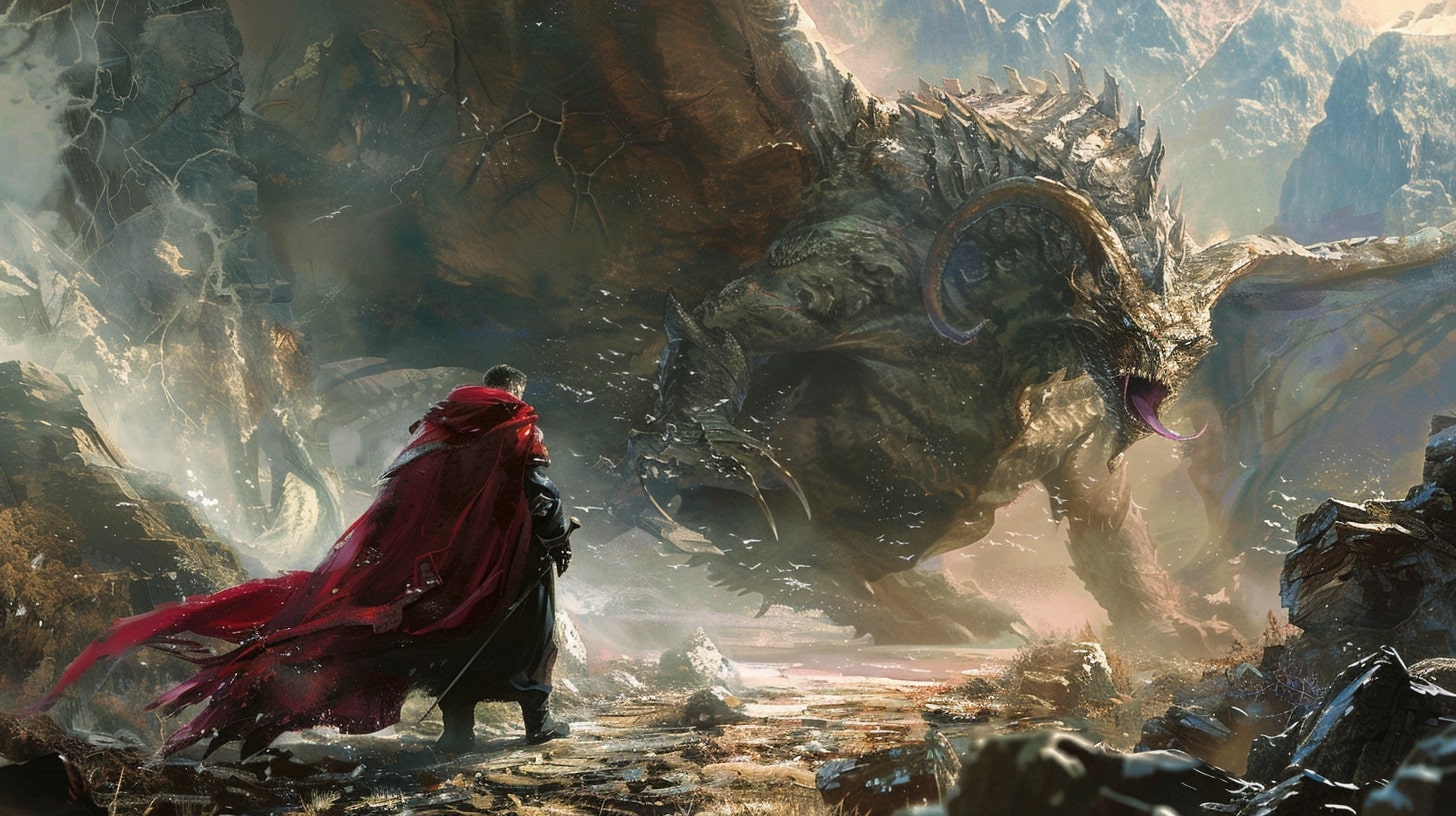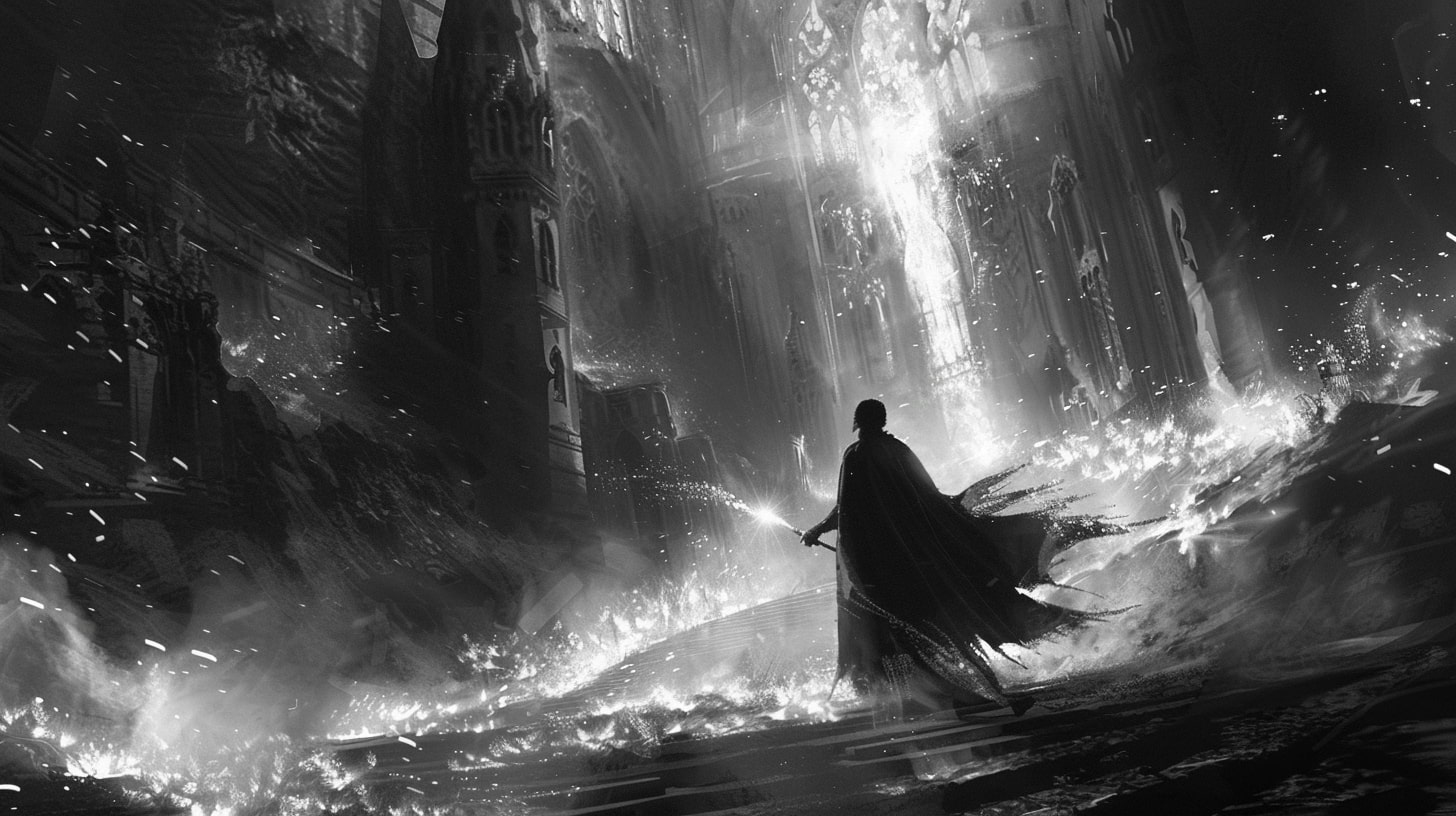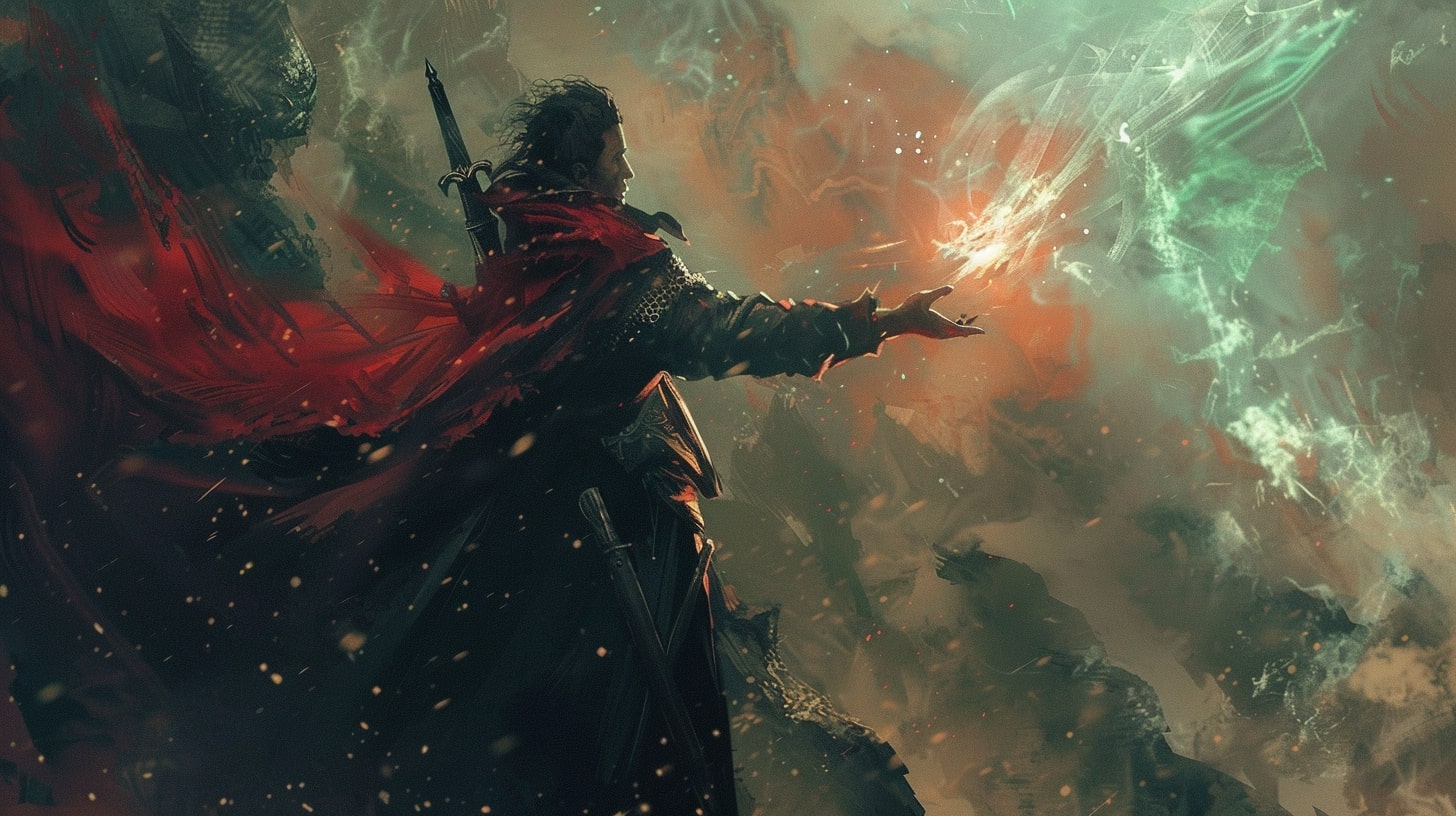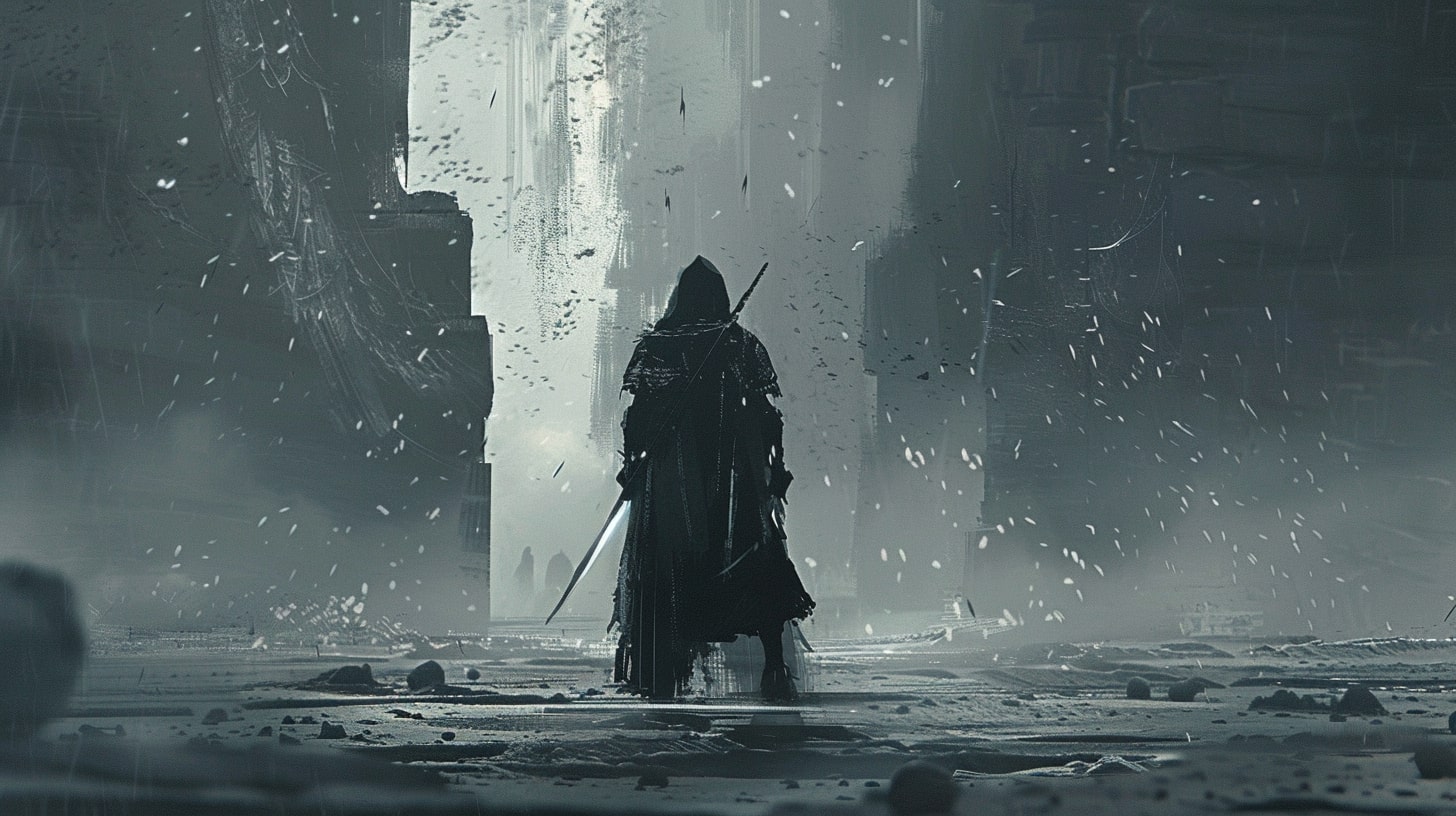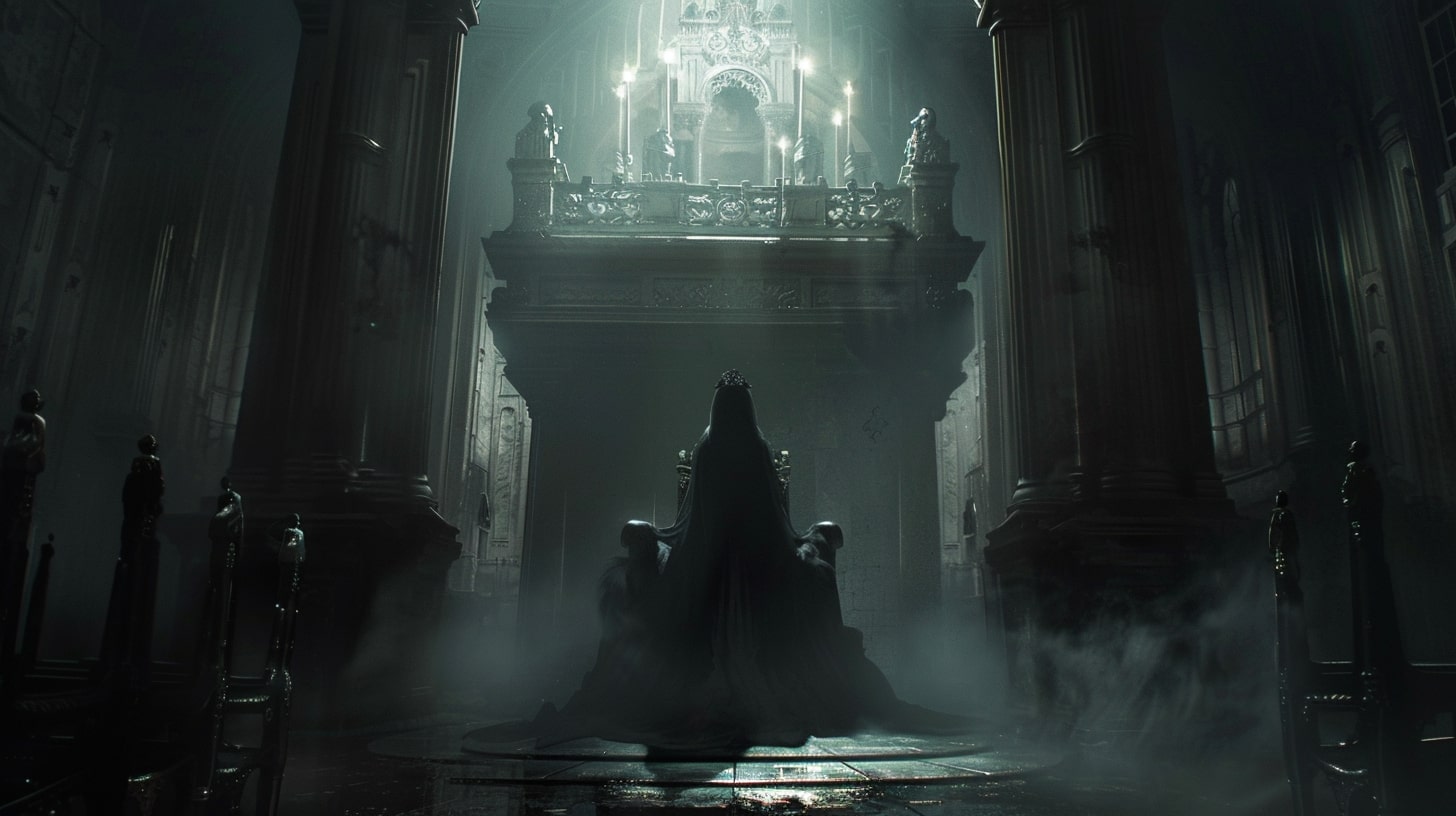Unlocking Your Characters
The Importance of Character Development
Ah, the elusive art of character development. Crafting memorable and relatable characters is the key to sucking readers into your story faster than a vacuum cleaner at a cookie crumb convention. But why is it so important?
Well, my aspiring wordsmith, characters are the heart and soul of any story. They're the ones who drive the plot forward, make us laugh, cry, and occasionally scream into the void. Without well-developed characters, your story might end up flatter than a pancake that's been sat on by an elephant.
This is why it's helpful to have a character development worksheet to guide you along.
Introducing the Character Development Worksheet
Now, before you start frantically scribbling notes on napkins or interrogating your cat for character inspiration, we've got a secret weapon to unleash: the Character Development Worksheet. This handy tool will guide you through the depths of your character's being, helping you uncover their quirks, fears, and secret love for pineapple pizza (don't worry, we won't judge).
The worksheet is divided into several steps, each focusing on a different aspect of your character's life. From their basic information to their physical appearance, personality traits, backstory, and even their relationships and interactions, no stone is left unturned. You'll have all the juicy details you need to create characters so real, your readers will feel like they're sipping coffee with them on a lazy Sunday morning.
So grab your favorite writing utensil and get ready to unlock the hidden depths of your characters' souls. Let's embark on this journey together, shall we?
But wait, before we dive into the worksheet, let's take a moment to appreciate the magic that happens when you breathe life into your characters. From the mischievous grin of a cunning rogue to the heart-wrenching vulnerability of a tortured soul, a well-developed character has the power to captivate readers and keep them turning pages faster than a squirrel on a caffeine high.
Now that you understand the importance of character development and have your trusty Character Development Worksheet at the ready, it's time to roll up your sleeves, channel your inner character whisperer, and bring your literary creations to life.

Character Development Worksheet: Getting Started
Developing captivating characters for your story is an essential part of the writing process. To help you bring your characters to life, we've created a handy Character Development Worksheet. This worksheet will guide you through the process of creating well-rounded and memorable characters. So grab your favorite pen and let's dive in!
Step 1: Basic Information
The first step in character development is establishing the basic information about your character. This includes their name, age, gender, and occupation. While these details may seem simple, they form the foundation of your character's identity. Consider how these factors may influence their personality, goals, and experiences.
Additionally, think about the genre of your story. Is it a fantasy epic or a contemporary romance? The genre can play a role in determining the appropriate characteristics and traits for your character. For more ideas on character personality traits, check out our article on character personality traits.
Step 2: Physical Appearance
In this step, it's time to bring your character's physical appearance to life. Consider their height, build, hair color, eye color, and any distinguishing features such as scars or tattoos. These details not only help readers visualize your character but also provide opportunities for character development.
Think about how your character's physical appearance may impact their self-image, interactions with others, or even their role in the story. For more inspiration on character appearance and description, visit our article on character appearance and description.
Step 3: Personality Traits
Now it's time to delve into your character's personality traits. Consider their strengths, weaknesses, and quirks. Are they courageous, compassionate, or quick-tempered? Remember that well-developed characters have a mix of positive and negative traits that make them relatable and interesting.
Think about how these personality traits shape your character's behavior, choices, and relationships. How do their traits contribute to the conflicts and resolutions in your story? For more ideas on developing character traits and flaws, check out our article on character traits and flaws.
By completing these first few steps of the Character Development Worksheet, you'll establish a solid foundation for your character. You'll have a clear vision of their basic information, physical appearance, and personality traits. So let's move on to the next steps and continue building a well-rounded character that will captivate your readers!

Diving Deeper
Now that you have laid the foundation for your characters using Step 1: Basic Information, Step 2: Physical Appearance, and Step 3: Personality Traits, it's time to delve deeper into their development. In this section, we will explore Step 4: Backstory and History, Step 5: Motivations and Goals, and Step 6: Relationships and Interactions.
Step 4: Backstory and History
Every memorable character has a rich backstory and history that influences their actions and decisions. Take some time to develop the backstory of your character. Consider their upbringing, past experiences, and significant life events that have shaped them into who they are today.
Think about their family background, education, and any major milestones or challenges they have faced. This information will provide you with valuable insights into their motivations, fears, and desires. It will also help you create a more well-rounded and realistic character.
For inspiration, check out our article on character backstory ideas.
Step 5: Motivations and Goals
Understanding the motivations and goals of your characters is crucial for driving the plot and creating engaging narratives. What drives your character? What do they want to achieve? Identifying their motivations and goals will shape their actions, conflicts, and overall character arc.
Consider both internal and external motivations. Internal motivations can include personal growth, self-acceptance, or the desire for a sense of belonging. External motivations can involve achieving a specific career, seeking justice, or protecting loved ones.
By defining your character's motivations and goals, you can create compelling storylines and conflicts that propel their development. For more insights on character motivation, check out our article on character motivation in writing.
Step 6: Relationships and Interactions
Characters don't exist in a vacuum; their relationships and interactions with others play a vital role in their development. Consider how your character interacts with different individuals in their life, such as family, friends, or enemies.
Think about the dynamics of these relationships. Are they supportive, strained, or complex? How do these relationships impact your character's decisions and actions? Exploring the connections your character has with others will add depth and realism to their development.
Remember to consider both positive and negative relationships to create a well-rounded character. Conflict and tension can be as important for character growth as supportive relationships. For more insights on character relationships and dynamics, visit our article on character relationships and dynamics.
By delving deeper into your characters' backstory, motivations, and relationships, you will create more complex and compelling individuals. These elements provide the foundation for a character-driven story that will captivate your readers. Now, let's move on to Step 7: Flaws and Challenges to further develop your characters.

Going Beyond the Basics
Congratulations! You've made it to the exciting stage of going beyond the basics in character development. This is where your characters truly come to life, with their flaws and challenges, growth and transformation, and unique quirks and habits.
Step 7: Flaws and Challenges
Nobody's perfect, and your characters shouldn't be either. Giving your characters flaws not only makes them more relatable but also adds depth and complexity to their personalities. These flaws can be anything from being overly stubborn or impulsive to having a fear of commitment or being too trusting. Remember, flaws can create opportunities for character growth and conflict within your story. For more ideas on character flaws, check out our article on character traits and flaws.
Additionally, consider the challenges that your characters will face throughout your story. These challenges can be external obstacles or internal conflicts that they must overcome. By putting your characters in difficult situations, you create opportunities for them to grow, learn, and evolve. This adds tension and excitement to your plot while showcasing the resilience and determination of your characters.
Step 8: Growth and Transformation
A well-developed character should undergo growth and transformation throughout your story. This evolution can be driven by their experiences, relationships, or overcoming challenges. Think about how your character starts at the beginning of your story and how they change by the end. Do they become more confident? Do they learn to trust others? Are they able to conquer their fears? Charting the character's growth allows you to create a compelling and satisfying character arc. Explore more about character growth and transformation in our article on character growth and transformation.
Step 9: Unique Quirks and Habits
To make your characters memorable and distinct, consider giving them unique quirks and habits. These can be small idiosyncrasies that make them stand out and feel more authentic. Quirks can be anything from always wearing mismatched socks to having a habit of tapping their foot when they're nervous. These quirks not only add depth to your characters but can also serve as memorable traits that make them instantly recognizable. Embrace the quirks and make your characters shine!
By going beyond the basics and exploring the flaws, challenges, growth, transformation, and quirks of your characters, you'll create dynamic and engaging personalities that readers will connect with. Remember to refer back to the previous steps in the character development process to ensure a well-rounded and fully realized character. Now, let's move on to the final step and put it all together in the next section.
Bringing Your Characters to Life
Congratulations! You've made it to the final step of the character development process. Now it's time to put it all together and bring your characters to life. This step is all about taking the information you've gathered and using it to create well-rounded and memorable characters that will captivate your readers.
Step 10: Putting It All Together
In this step, you'll take the completed sections of your character development worksheet and weave them together to create a cohesive and dynamic character. Start by reviewing each section and looking for connections and opportunities to add depth to your character. For example, you can use their backstory to explain certain personality traits or motivations, or their relationships to influence their actions and decisions.
Consider how each element of your character's development contributes to their overall story. Are there any contradictions or inconsistencies that need to be resolved? Use this final step to fine-tune your character and ensure that they are believable and relatable.
Remember, a character is more than just the sum of their traits and backstory. They should have a clear arc or journey throughout your story, experiencing growth, transformation, and overcoming challenges along the way. Keep your character's motivations and goals in mind as you develop their arc, as these will drive their actions and decisions.
The Power of a Well-Developed Character
A well-developed character has the power to captivate readers and breathe life into your story. By taking the time to explore their personality traits, backstory, motivations, and more, you create a three-dimensional character that feels real and relatable. As your readers become invested in your character's journey, they will be more engaged with your story and emotionally connected to the events that unfold.
So, don't rush through the character development process. Embrace it as an opportunity to create something truly special. Use the character development worksheet as a guide, but feel free to adapt and expand upon it to suit your unique storytelling needs.
Now that you have the tools to turn your ideas into fully fleshed-out characters, it's time to unleash your creativity and start writing! Remember to refer back to your character development worksheet whenever you need a reminder of who your characters are and what drives them.
Happy writing, and may your characters leap off the page and into the hearts of your readers!









